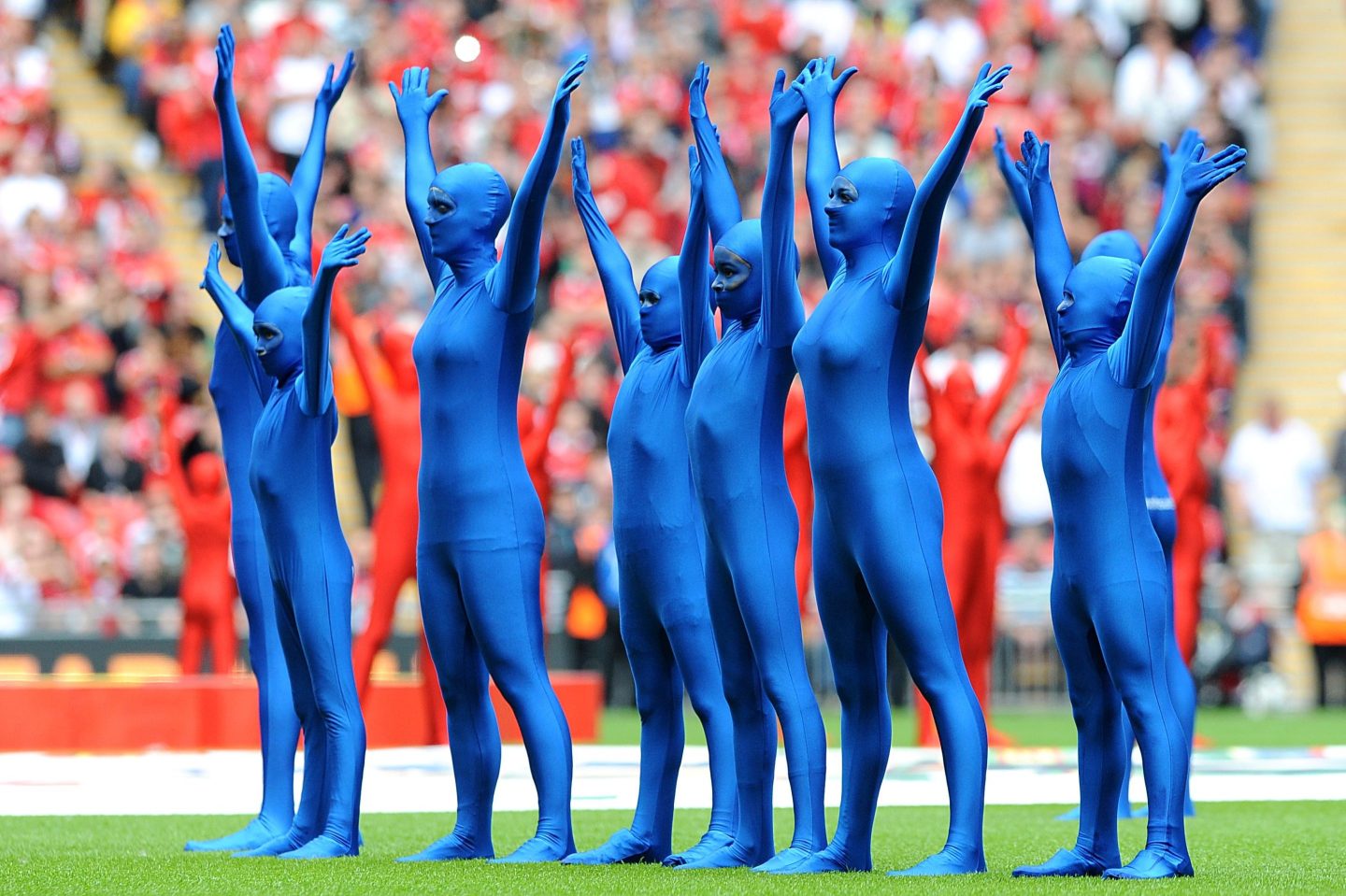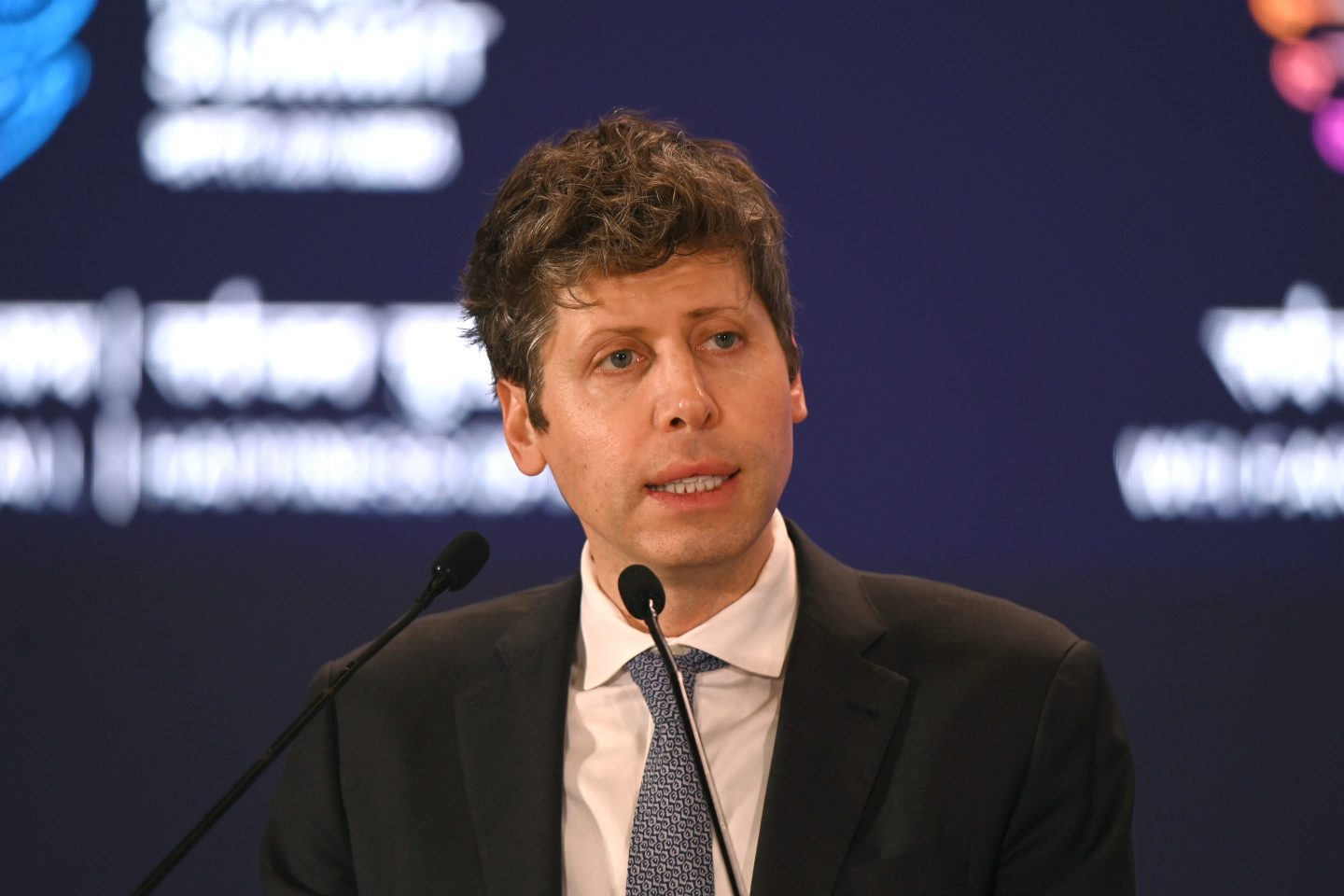Between boardroom backstabbings, hostile takeovers, and cantankerous, aging CEOs, life on Wall Street likely imitates HBO hit Succession every day. Greenpeace, however, probably didn’t expect Shell to turn one of its own fictional storylines from the show into a reality.
Back in November, the oil giant sued Greenpeace for $2.1 million.
Shell is demanding $1 million in damages plus legal costs after six protesters occupied a moving oil platform in the Atlantic for 13 days in January and February last year.
The “intimidation lawsuit,” one of the biggest leveled against the group in its more than 50-year history, could rise to $8.6 million in damages if contractors pile in, Greenpeace says.
Shell had offered to reduce its lawsuit if Greenpeace agreed not to protest at Shell’s oil and gas infrastructure in the future.
Succession showrunner jumps into the fight
Shell’s move draws obvious parallels for fans of Succession, the show following a dynastic media empire as its siblings vie to replace their father as CEO of the company he founded, Waystar Royco.
In one subplot Gregory Hirsch, known to his family members as Cousin Greg and portrayed by Nicholas Braun, is told by his billionaire grandfather Ewan that he intends to donate Greg’s massive inheritance to Greenpeace.
In response, Greg plots to sue Greenpeace to retrieve his inheritance, because he says he can’t “technically” sue his grandfather while he’s still alive.
His attempts at a lawsuit are tenuous at best, at one point describing how he hopes to sue the organization for defamation because of a social media comment.
Last Friday, Greenpeace shared a TikTok from the show, leaning into the comparisons with Shell’s lawsuit while joking that “only Greg could come up with something so ridiculous.”
@greenpeaceuk Shell is doing a Greg and suing us for over $1 million dollars for peacefully calling on them to pay for the climate damage they are causing around the world. The oil giant is trying to silence us, but we won’t back down until they stop drilling & start paying. #DontBeLikeGreg #StopShell #Succession #successionhbo ♬ original sound – Greenpeace UK
It hasn’t taken long for Jesse Armstrong, the showrunner behind this year’s Emmy-winning drama series, to join in.
In a statement shared with Fortune, Greenpeace said Armstrong had donated £25,000 ($31,800) toward its emergency fund created in response to the lawsuit. That fund has raised £280,000 ($357,000) to date.
“Don’t listen to people who tell you satire has no effect in the real world,” Armstrong said in a statement.
“The fact that Shell initially offered to reduce its damages claim if Greenpeace agreed to stop protesting on its infrastructure forever, seemed like a particularly cool move.
“It made me ponder a question Tom Wambsgans asked Greg: ‘I like your style. Who’re you gonna go after next, Save the Children?’”
A representative for Shell told Fortune: “Our intent has been misrepresented. This is simply about preventing activities at sea which could endanger people’s lives—as happened last year—nothing more.”
Tit-for-tat lawsuits
High-stakes protests have become more commonplace in recent years as campaign groups like Just Stop Oil and Greenpeace take more aggressive action to draw awareness to the climate crisis.
Shell’s financial successes in recent years alongside walk-backs on its climate targets have amplified that battle between energy companies and environmental campaigners.
The oil and gas group recorded $42.3 billion in profits in 2022 on the back of Russia’s invasion of Ukraine, which created new demand for the company’s energy.
Last January, Shell said it intended to increase natural gas drilling, while in June the company dropped its pledge to reduce oil production by 1% to 2% each year up to 2030. It instead said production would remain flat until that date.
Campaign groups are now fighting the company in the courts as well as on the oilfields.
As part of a landmark case brought by environmental group Friends of the Earth and 17,000 co-plaintiffs in 2021, a court in the Netherlands ordered Shell to cut its carbon emissions by 50% by 2030. Shell said it would appeal the ruling.
Greenpeace has offered to cease protests if Shell complies with the decision.













